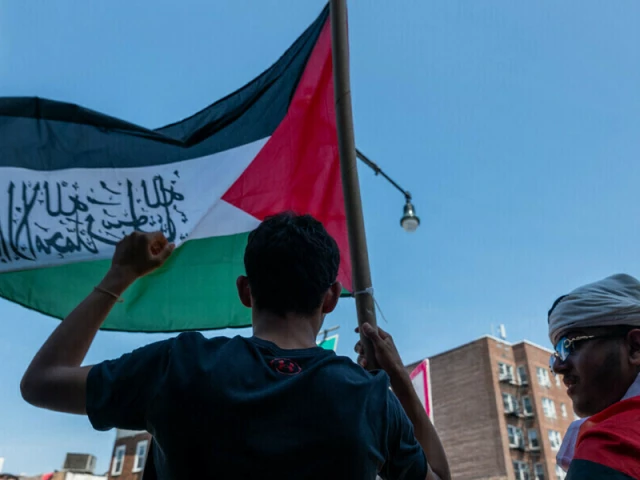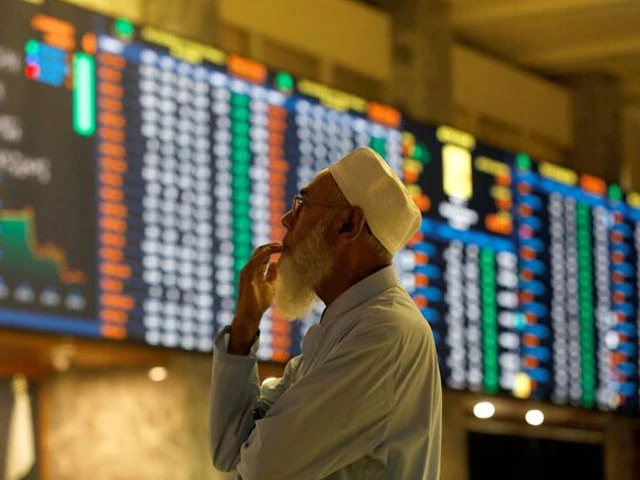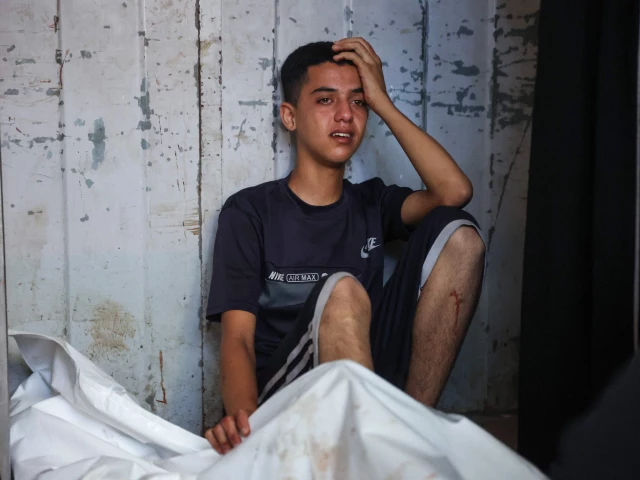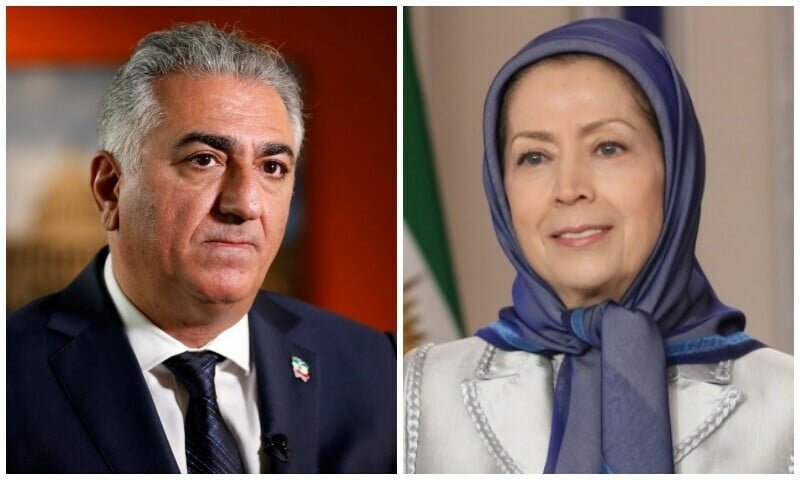The United Nations General Assembly: What’s on the Agenda This Year?
Next week, New York will transform into a bustling hub of international diplomacy as over 140 world leaders gather for the annual United Nations General Assembly (UNGA) summit. This year, the spotlight is squarely on the humanitarian crisis facing the Palestinians and Gaza. It’s a topic that resonates deeply, given the ongoing struggles and the geopolitical complexities surrounding it.
Notably, Palestinian President Mahmud Abbas won’t be attending the assembly in person, as the U.S. has denied him a visa. However, in a break from tradition, he’ll still be able to address the assembly via video link. This unprecedented move highlights the urgency and sensitivity of the discussions at hand. The humanitarian catastrophe emerging from two years of conflict in Gaza will dominate the discussions, particularly in light of the shocking Hamas attacks on October 7, 2023.
Saudi Arabia and France are co-chairing significant meetings that will focus on a potential two-state solution. This initiative aims to foster peaceful coexistence between Israelis and Palestinians. The air is charged with anticipation as several countries are expected to formally recognize Palestinian statehood. Just last week, the UN General Assembly adopted a text supporting this recognition, albeit excluding Hamas from the dialogue.
Analyst Richard Gowan points out that while this recognition may seem merely symbolic, it can carry real weight if these countries take actionable steps to pressure Israel to reconsider its aggressive tactics in Gaza. However, the potential for Israeli retaliation and the risk of escalation loom large, particularly with Israeli Prime Minister Benjamin Netanyahu set to address the assembly. Opposition to Palestinian statehood is strong, particularly from the U.S., Israel’s closest ally, which has also threatened visa denials for Palestinian officials.
Highlighting the critical nature of this assembly, U.N. Secretary-General Antonio Guterres emphasized the urgency for collective action on pressing global issues like Gaza, Ukraine, and climate change. The world is watching closely, with expectations high for decision-making that is both immediate and impactful.
As we approach this significant event, it’s a time for all of us to engage with these critical global issues. Clearly, the conversations at the UN can shape the future for many nations, including the people of Palestine. If you want to stay updated on global affairs and learn more about how international relations impact everyday life, check out Pro21st for in-depth analysis and discussions. Join the conversation and be part of building a more informed world!





